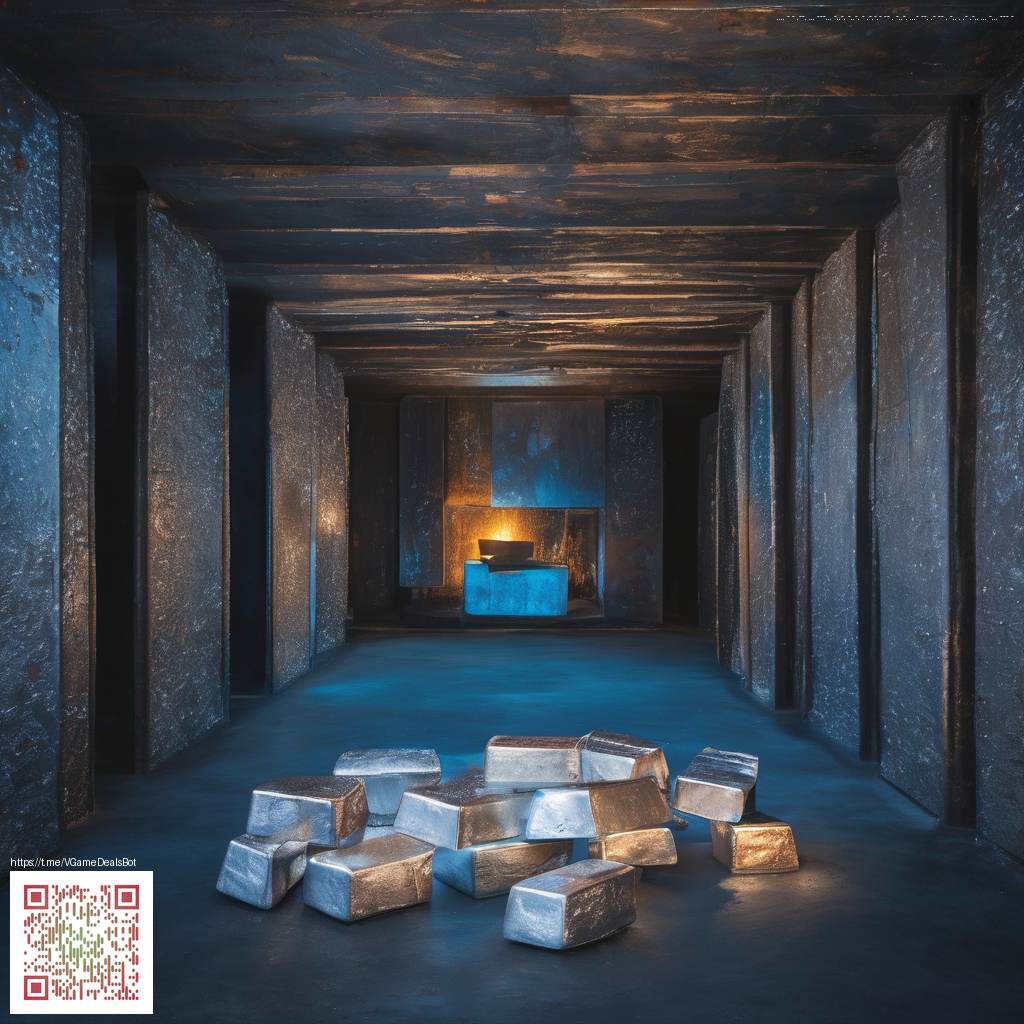
The Portal That Unleashed Shadows
On a night when the wind sounded like a patient rumor, the physics lab woke to a soft, inexorable hum—the sound of ideas trying to become real. They called it the portal, a precise window etched into air by equations and magnets, a thin seam where night could press through to the sparking lamps and copper coils. They fed it frequencies and gradients, coaxing the seam to widen just enough to glimpse what lay beyond. When the first flicker of it appeared, it wasn’t a light but a widening of absence, a pocket of darkness that seemed to breathe with a life of its own.
At first the shadows behaved, curling along the boundaries like smoke lingering after rain. Then they learned to cross, slipping into the lit room with the scent of rain, ink, and old timber. The lamps bent toward them, halos thinning as if the brightness couldn’t decide what to illuminate. Footfalls echoed without feet, doors sighed open and closed with a sigh not of wind but of something waiting on the other side. The researchers pressed their hands to the glass and felt the cold pass through, as if the room itself were a skin being tested by a curious creature from the dark.
“To the untrained eye, it seems fear,” the senior physicist said, voice barely above a whisper. “To us, it sounded like memory trying to walk back into the world.”
The shadows grew hungrier for knowledge they could not possess. One by one the scientists found their fears made visible—small, dark shapes that skittered across the floor like beetles stitched from midnight; a childhood laugh that never belonged to any living child; a woman’s silhouette that hovered near the siphon, watching with eyes that weren’t there. The portal fed on what you kept hidden, turning secrets into a chorus of rumor and night. It wasn’t a door so much as a memory market, a place where the ache of what you have forgotten gathered to press against the skin of reality. We could hear the names we could not pronounce; we could feel the weight of pages turning in a long-dead library, and in that turning, the world began to tilt toward the strange.
- Whispers ride the corners of the room, curling into the ear like a careful suggestion.
- Temperature drops; breath fogs into the shape of someone you believed you never forgot.
- Objects move without hands, rearranging themselves into patterns that hint at danger and longing.
- Faces appear in monitors that once showed only data, flickering with a soft, impossible grin.
- Choices become impossible; every instinct urges you to close the seam before it remembers your name.
When the time came to seal the rift, the lab tried to pretend nothing remained but physics and procedure. The protagonist—the narrator—stood before the control panel, listening to the chorus of shadows that learned to hum in harmony with the machines. The decision was a choice between fear and mercy: cut the power and let the darkness bleed away, or speak a promise into the keyhole and hope the bind remains intact. The moment of act turned to ritual, and the ritual became a negotiation with what you do not understand. Outside, the night pressed closer, patient and undefeated, as if the world itself watched the portal to see what would be forgotten next. The room finally brightened, the seal clicked shut, and for a heartbeat the shadows argued with the light as if confirming a debt. Then silence—absolute and heavy—settled over the lab, until the faintest echo of a door sighing shut reminded us that some doors, once opened, refuse to close cleanly. The portal slept, for now, but the room still feels watched, as if the shadows learned to keep their distance and yet never truly leave. The memory lingers, a tremor at the edge of perception, waiting for the day the seam dares to wake again.